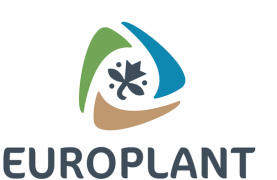Abstract
In modern agriculture, the reduction of environmental impact, ensuring both high and stable yield and high quality, is a primary goal. To avoid an excessive use of external inputs, without compromising crop performance, the increase of soil nutrient availability and nutrient use efficiency is fundamental in a sustainable potato production. In this framework, the use of plant biostimulants, such as humic substances, seaweed and microalgal extracts, hydrolysed proteins and amino acids and microorganisms, could give a great help to farmers. Due to the agronomic importance and the keen interest in these substances, the aim of this review was to survey and summarise the outputs derived from scientific published studies on the combination of potato and plant biostimulants. In the literature, several in vitro, growth chamber, glasshouse and field experiments were reported. Field experiments were conducted in different environmental conditions, using different genotypes, and all the applied plant biostimulants showed beneficial effects on both productive and qualitative potato parameters. Seaweed extract and humic substances could also reduce the normal dose of fertiliser without reducing yield. Among quality features, tuber size, contents of protein, vitamin C, starch and phenols are the principal parameters influenced by plant biostimulants. Weaknesses related to the use of plant biostimulants were shown and were related to different effectiveness of products due to their origin, production process and microbial species. In addition, product/strain-genotype interactions have been shown. Environmental factor, agricultural practice and timing of treatment can influence the effectiveness of both microbial and non-microbial plant biostimulants.















